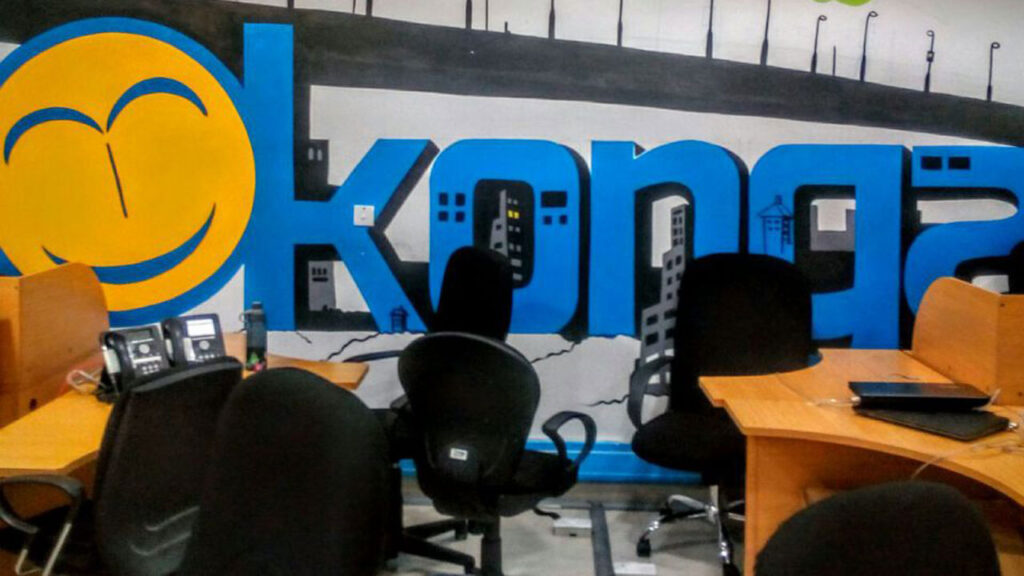Two weeks ago, we commenced a conversation on 12 Assumptions slowing down your performance and how emotional intelligence can come to your rescue. So far, we have looked at 8 of the 12 assumptions namely – Assumption N1 – More Meetings Are A Sign Of Productivity. Assumption N2 – Aptitude Is More Important Than Attitude. Assumption N3 – Everyone Understands A Brief and Assumption N4 – Training Should Be for Only Top Executives. Assumption N5 – Underperformance Is Entirely An Employee’s Fault. Assumption N6 – Criticism Is a Sign Of Disloyalty. Assumption N7 – Every Employee Has to Work the Same Way. Assumption N8 – Working Longer Means Working Better.
This week, we shall be looking at the final 4 Assumptions as follows:
Assumption N9 – More Money Means More Productivity
One assumption leaders make is that increasing an employee’s salary automatically leads to increased productivity. Whilst money is good, it’s not the only way to motivate an employee. In fact, throwing more money at a problem without interrogating the root causes will lead to an escalation of the issue because that’s what money really is – an amplifier. A leader is better off finding out the point of disconnect between an employee and the organization before assuming that a salary raise is the silver bullet. Mentoring is one of the critical skills in emotional intelligence. When a leader has mentorship competence, they can bridge the gap between their expectations of an employee and the employee’s results.
Assumption N10 – External Hands Are Better at Diagnosing Problems
Some leaders look down on the talents within their organization for solutions. It is not necessarily a bad thing to have a second opinion. For example, organizations routinely hire external auditors, external trainers, external communications team or external consultants. While external professionals bring a lot of value to the organization, it is equally important to productively engage the talented employees within the organization. Some team members have not proven themselves because of lack of opportunity to add value. When leaders continue to overlook in-house talent, you may dampen their morale, and this will consequently lead to low productivity. Again, influence as a critical skill of emotional intelligence can be used by a leader to co-opt other decision makers within an organizations to consider in-house talents for certain tasks while intermittently outsourcing others.
Assumption N11 – In The Short-Run, Quantity Is Preferred to Quality
Many leaders when under pressure to meet market demands, often trade quality for quantity because they assume customers are so in need of their products that they wouldn’t mind a slightly inferior product. Consequently, this thinking is communicated to employee. Unfortunately, this attempt to increase output leads to counter-productivity because when customers find out they have been short-changed, they experience buyers’ remorse and switch to other products. The whole approach falls flat on its face because whilst output is high, revenue will drop. Self-Management is a critical skill of emotional intelligence skill that empower leaders to remain disciplined and control their impulse to win at all costs. Leaders need to imbibe the discipline of sticking to the quality standards that is not only approved by regulators but also my customers.
Assumption N12 – Personal and Professional Lives of Employees Don’t Overlap
A lot of leaders see their employees as playing Superman at the office while being Clark Kent at home; the truth is that those roles are interspersed. The challenges in an employee’s personal life can influence their productivity in the professional space; the two worlds are not mutually exclusive. This means that if a leader wants a team member to become more productive, the leader should care to know how that employee is faring on the home front. Empathy is a critical skill of emotional intelligence that empowers the leader to seek to understand that team members are first humans before they are working professionals. When leaders show empathy, they are equipped to build win-win relationships with team members and spark high performance across the organization.
Growth Opportunities
To further position your leaders for peak performance, you can download a free copy of the latest edition of The Peak Performer Magazine You can also enrol your Mid-level Leadership Team for the Made4More Accelerator Program and your Senior Leadership Team for the Dr. Abiola Salami International Leadership Bootcamp 2024 We also have an upcoming training for leaders in public service
Dr. Abiola Salami is the Convener of Dr Abiola Salami International Leadership Bootcamp and The Peak PerformerTM. He is the Principal Performance Strategist at CHAMP – a full scale professional services firm trusted by high performing business leaders for providing Executive Coaching, Workforce Development & Advisory Services to improve performance. You can reach his team on hello@abiolachamp.com and connect with him @abiolachamp on all social media platforms.













